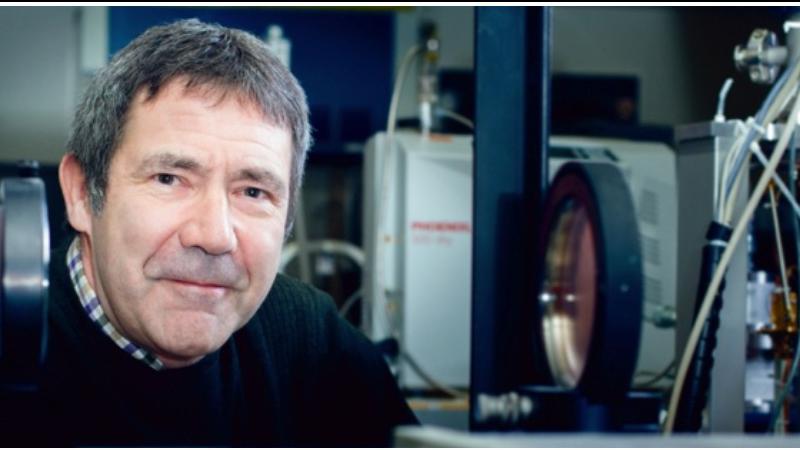
U of L astrophysicists receive major infrastructure grant to further space exploration
LETHBRIDGE, AB – Astrophysicists at the University of Lethbridge have gotten a nice boost from the Canada Foundation for Innovation (CFI).
The CFI has provided a $250,000 grant that will go toward the development of a cryogenic test facility to evaluate the performance of instruments destined for space exploration.
The Astronomical Instrumentation Group (AIG) will be building a liquid-helium free cryostat and cryogenic translation stage that will be used to develop and test the world’s first cryogenic, far-Infrared, post-dispersed polarizing Fourier transform spectrometer.
“In the simplest way, it’s [the funding] going towards a fridge, a bigger fridge than we currently have. This is a special fridge that is able to cool to temperatures 10 times colder than the universe can be. The Big Bang radiation is 3 Kelvin, so we get actually get down to 0.3 Kelvin,” explained Dr. David Naylor, leader of the AIG.


